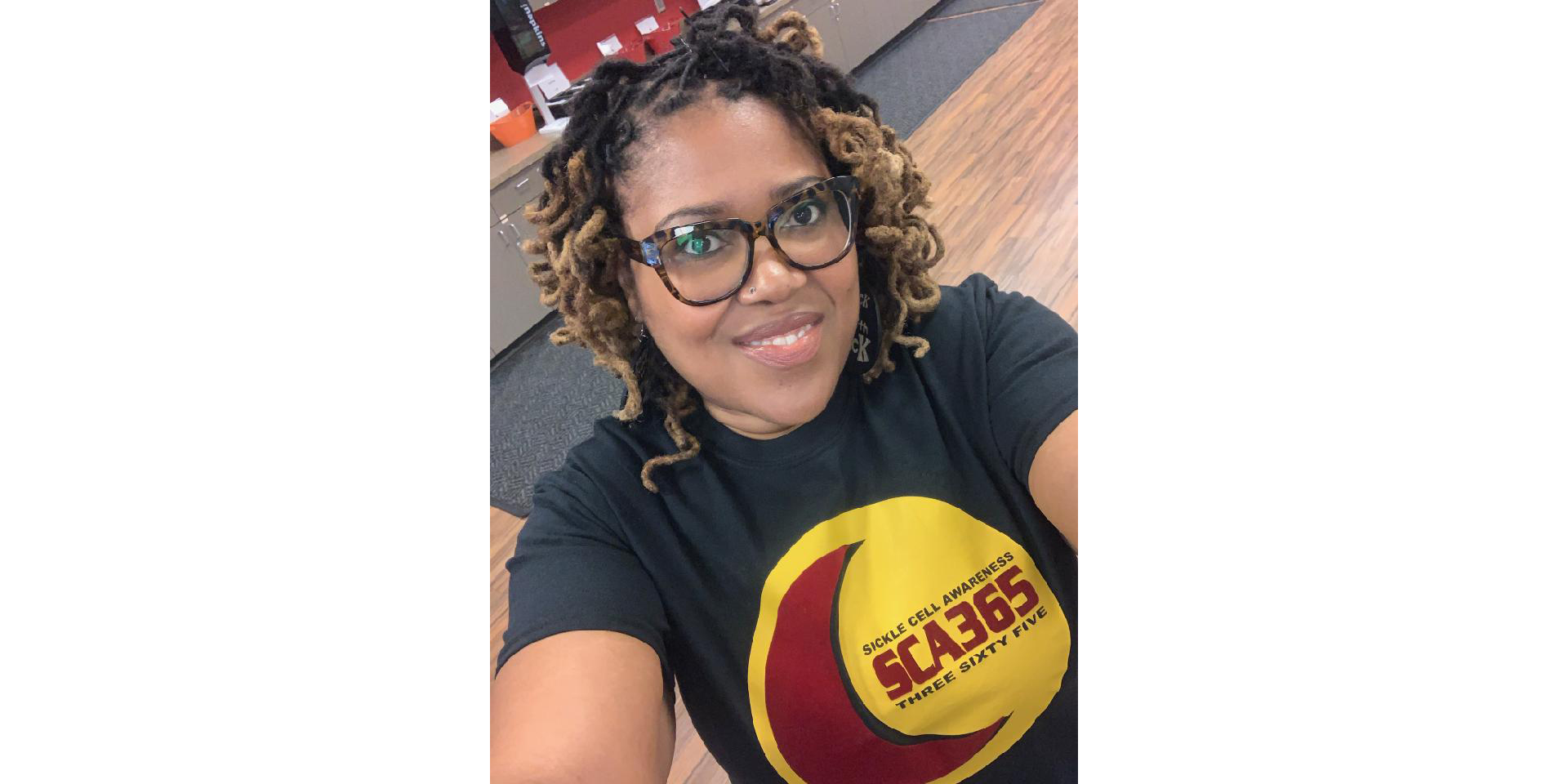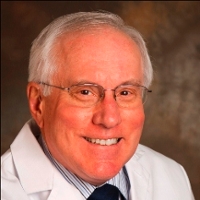Coping With Sickle Cell Disease During The COVID-19 Pandemic

Mia Robinson has sickle cell disease and is a professional patient advocate.
Mia Robinson
The coronavirus pandemic is difficult in a number of ways, but it’s especially hard for those who live with sickle cell disease.
The inherited red blood cell disorder happens when there aren’t enough healthy red blood cells to carry oxygen throughout a person’s body. People with the disorder have red blood cells that are crescent or sickle-shaped, instead of round.
WABE’s host of “All Things Considered” Jim Burress spoke to Dr. James Eckman, a professor emeritus in the Department of Hematology and Oncology at Emory University School of Medicine, and Mia Robinson, who has sickle cell disease and is a professional patient advocate.

Robinson spoke to Burress about losing three family members in recent weeks and how the COVID-19 pandemic and shelter-in-place order has stopped her from grieving with her loved ones.
Dr. Eckman says those with sickle cell are exposed to a number of challenges and are now having a difficult time with medical care during the pandemic. Eckman added that many sickle cell disease patients are on blood transfusion programs, and, with a decrease in donor participation, hospitals across Georgia and around the country are facing severe blood shortages.
WABE’s Maria White Tillman contributed to this story.








